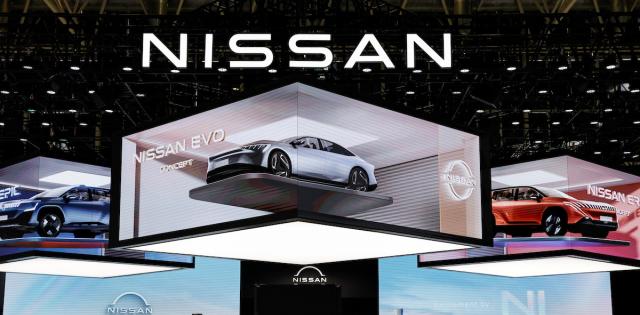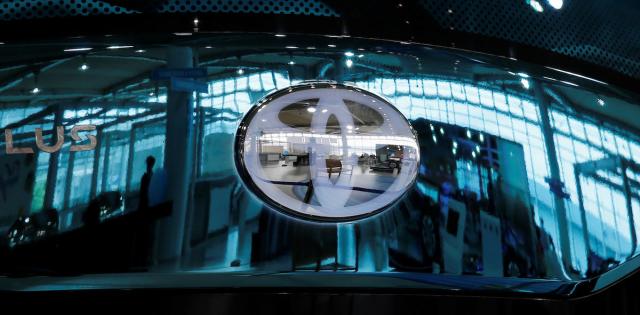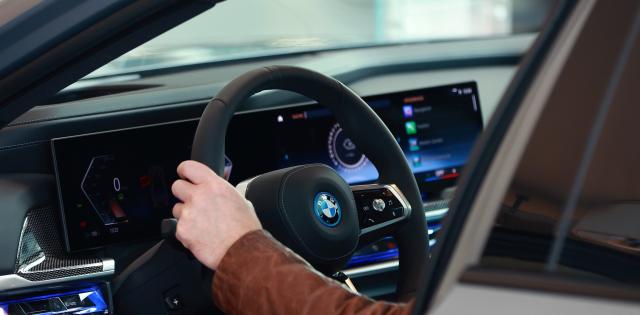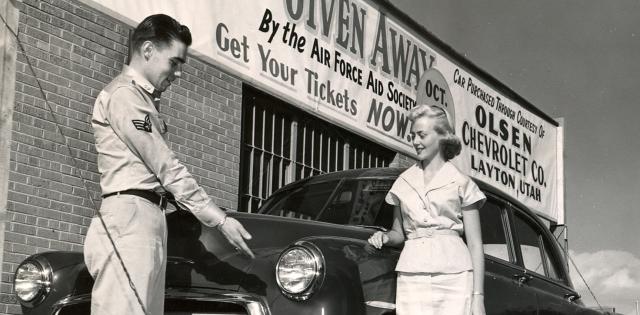In the coming years, we will see a phenomenal uptick in the number and type of battery electric cars and trucks that are purpose-built for a multitude of American car buyers, and widely available for sale across the country.
With all of the buzz about EVs – including pledges from just about every automaker to transition their fleets to electric as quickly as possible – you’d be forgiven for thinking that day has already arrived. But of course it hasn’t – not yet.
Make no mistake; we are well on our way to a much more electrified transportation future, and that is a great thing. But while EV sales have grown considerably just within the last year, they still make up a very small percentage of overall new vehicle sales.
Consumers continue to opt for ICE vehicles with little hesitation, and there are good reasons for that. Still, far too little of our analysis of low EV sales focuses on the product side of the equation – or the historic lack thereof, in this case.
Consider this: At the end of 2020, automakers collectively offered 206 different makes and models of gas-powered cars and trucks for sale in the U.S. The number of models of battery-electric vehicles available for sale at the end of 2020? Eleven.
It gets worse the more you break it down. Full-size pickups made up 10% of new-car sales in 2020. The number of ICE models available in that segment was six, compared to zero powered by batteries.
Midsize/large cars accounted for 12% of 2020 new-vehicle sales. There were 20 different ICE-powered midsize/large car models available, versus – again – zero powered by electricity.
Compact and midsize SUVs made up by far the largest share of vehicle sales in 2020 – a combined 35%. Consumers had the choice of 18 models of compact SUVs and 21 models of midsize SUVs with internal-combustion engines – and a grand total of two models of BEVs between these two segments.
Simply put, one of the big reasons consumers aren’t yet scooping up EVs in bigger numbers is because, up to now, we haven’t given them very much product to choose from.
That is changing, and changing very rapidly. But as we gear up for the influx of new EVs, we run the risk of making another faulty assumption – this time, about what it will take to get mass-market car buyers to feel comfortable and confident about buying their first EV.
There’s a sentiment out there that because the most successful EV automaker ever – Tesla – has chosen to utilize direct sales instead of a franchised dealer model, that we must employ the direct sales model if want to convert more and more Americans to electric drivetrains. After all, the vast majority of EVs on the road today are Teslas, so it stands to reason that future EV buyers will need to be offered the Tesla experience in order to lure them away from ICE.
The problem is, nobody bothered to ask those future EV buyers what type of sales and service experience they wanted to have. That is, until Escalent asked.
Escalent is a renowned human behavior and analytics advisory firm with deep ties to the U.S. auto industry. Recently, Escalent completed a landmark research project called “EVForward,” which is the largest and most comprehensive study ever conducted of future EV buyers.
More than 20,000 legitimate EV intenders and early EV adopters were asked to provide detailed feedback on how they wanted to learn about and experience EVs, how they wanted to purchase EVs, how they wanted to have those EVs serviced, and what kind of vehicles and features they need to see in order to make the switch to electric.
What Escalent found was astounding. As it turns out, the assumption that future EV buyers want the Tesla direct-sales model is just flat wrong.
Escalent presented these future EV buyers with a de-branded version of the Tesla sales model and had them respond to it. Only 20% preferred the Tesla approach. 23% were neutral. And a full 57% chose the current dealership model.
To take this one step further, when Escalent identified the current Tesla owners and asked them what they preferred, only 54% of Tesla owners chose the Tesla approach to selling vehicles.
“The vast majority of future EV consumers are not looking for any dramatic change in the way things are done,” explained Mike Dovorany, Escalent’s Vice President of Automotive and Mobility, and the project lead of EVForward. “Yes, there are certain elements of Tesla’s approach that consumers really like. But on the whole, it’s far from the definitive way that even Tesla owners want to see things happen going forward.”
Escalent also found quite strong preferences for doing many functions of an EV purchase – including test driving, becoming educated on the vehicle and charging options, completing the transaction, and getting the vehicle serviced – in person.
In a very real way, Escalent revealed that one of the reasons Tesla’s experiment with selling direct worked was only because the company just never gave their customers any other choice. And, of course, Tesla enjoys a brand attraction and customer base that is on a different plane than most other automakers.
But now that someone has taken the time to ask consumers what they actually want, it’s quite clear that the direct sales model is not the right approach. And when 20,000 future EV buyers are saying that they very much want – in fact, demand – for dealerships be a big part of their EV purchase experience, OEMs should embrace their franchised dealer network as the competitive advantage it is.
“What our research showed us is that there are more ways for the legacy OEMs and dealers to work together on EVs than there are areas where they may conflict,” Dovorany explained. “If EV adoption is a goal for the manufacturer, there is really strong evidence here that working with your dealer body is going to be a great way to help actually get those vehicles sold.”
We couldn’t agree more, and we hope that our OEM partners always remember this as they continue to roll some really exciting and important EV products off the assembly line.
Dealers are all-in on electrification of the fleet and absolutely essential to widespread EV adoption. Just ask our customers.













